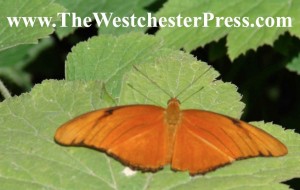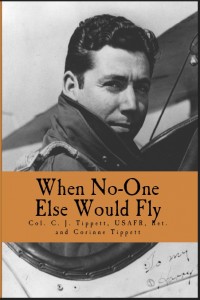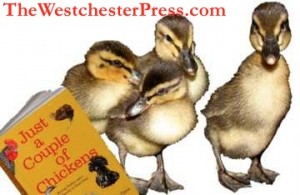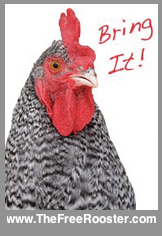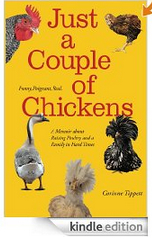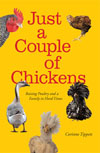
Taking a wide angle view of blogging can help me see where I’m going as I work. (This is Cape Meares on the Oregon Coast, by the way.)
Along the way to learning how to self publish a book, I researched blogging, and saw that many resources suggested posting a blog every day.
Blogging every day sounded overwhelming to me.
It still does, which is why I don’t blog every day.
The whole idea behind blogging, or at least the one related to self publishing a book, is to use the right keywords (ones that readers will be entering in a search engine like Google) and write really interesting, useful, engaging, current, accurate, and readable content, and do it regularly. This builds traffic, and a readership, and an audience… for our books!
A good idea, but still. Overwhelming.
So I developed a system:
- I brainstormed ideas, and wrote them down in any form. On paper, in an idea database, in a word document, in a spreadsheet… anything.
- I organized those ideas into categories. Ideas usually can be grouped – and those groupings are the Category. Assigning the category in the blog platform makes it easy for readers to find the topics they are interested in.
- I printed out a blank month from my calendar program – on paper. Enough with having everything inside the computer, I need to old-school it with paper and pen sometimes.
- I added any seasonal holidays to that blank calendar sheet, so that I could tailor that day’s post to the season if I wanted to. Christmas always comes as a surprise to me, and this helps.
Since I have too many topics I am trying to cover, I assigned one day a week for each, minus Fridays. If I were blogging about one topic, I’d maybe assign a day for each category or such…
For instance, I am blogging twice a week at www.TheWestchesterPress.com, instead of three times a week (I couldn’t keep up with three times a week – given my other blogging efforts which are about to be revealed in my next sentence)… actually, I can’t even keep up with twice a week.
- Tuesdays for How To Self Publish plus Just A Couple Of Chickens (my first self published book), and
- Thursdays for About My Grandfather’s Biography.
- Mondays, I blog about Feathers at www.NaturalFeathers.com, and
- Wednesdays, I blog about Eggs at www.TheFeatheredEgg.com
Series are the most fun for me. Like, “Famous People Who Met My Grandfather” for my soon-to-be-released aviation biography, or “Egg Artist Spotlight” for artists doing amazing things with blown eggshells. My quest to turn my www.TheFreeRooster.com blog at into a book is a series of posts, as I use each tool I can find to accomplish the task.
My system makes an overwhelming task do-able. I see increased traffic every time I post. And I see growing traffic each month since I began to post regularly. If the content is useful, people will read it. If the keywords are correct, search engines will find it.
And now I’ve posted a blog about posting a blog – BlogElegant. Blelegant!


